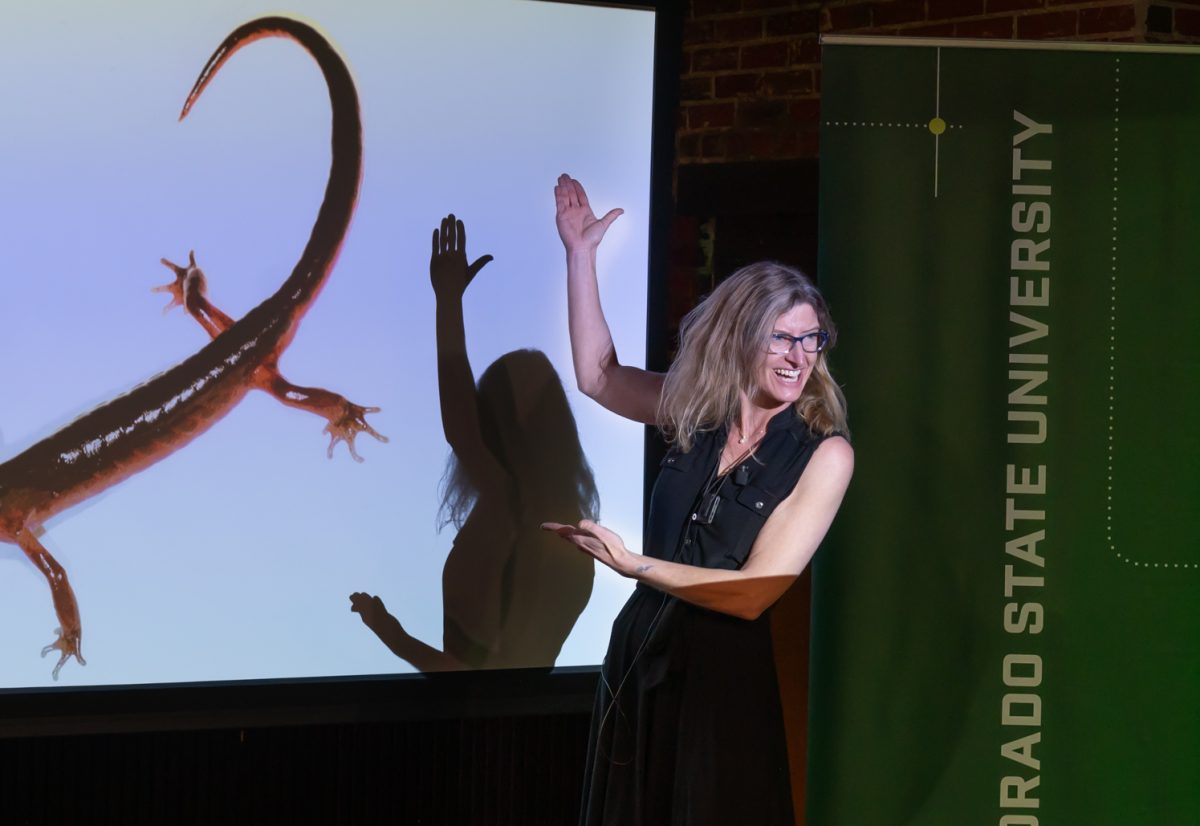Approximately 50% of students at Colorado State University will change their major or be undeclared at some point, according to a 2019 Collegian article. CSU specifically offers many on-campus resources for that population of students.
The majority of these resources can be found at the undeclared student advising website, which includes a list of the advising staff.
There are currently 12 undeclared major advisers whose goal is to honor each student’s unique life story, guide students in their transition to college life and engage students in academic exploration and development.
“I like to always stress the better I get to know you, the better I can advise you,” said José Valdez, academic success coordinator for the Collaborative for Student Achievement’s undeclared student advising unit. “If I only see you once a semester, and we haven’t talked about anything, then I can’t be as impactful as you’d like me to be.”
When matching a student’s interests, values and desires to a specific major, advisers may refer students to self-assessment activities in some cases. These forms can be printed out, and once filled out, they can be brought to an advising appointment for further discussion.
The assessments ask questions about students’ interests, values and fears to best help students see what they would excel in.
There is also an option to take a majors exploration quiz in which students answer various questions pertaining to their interests and likes. At the end of the assessment, 10 majors are listed that would be potentially fitting for that particular student.
You have to be comfortable with the now because we don’t know what tomorrow is going to be like. I think that’s the hardest part: to be OK with the unknown and just worry about right now.”-José Valdez, academic success coordinator, Collaborative for Student Achievement undeclared student advising unit
“Working with undeclared students, I hear a lot of the similar feelings that I originally felt before declaring a major,” said Karina De Jesus, a fourth-year human development and family studies major and Key Explore mentor at CSU. “Things such as feeling scared to commit to a major, knowing what they are good at but that not aligning with their passions or fearing picking the wrong major, … it’s a big decision to pick a major and stick with it because what if you end up not liking that major later on and then just wasted your time and money focusing on that major?”
The Collaborative for Student Achievement states that one-third of incoming freshmen enter CSU as an undeclared student. Valdez said advisers try to normalize the process of being undeclared and exploring majors as best they can.
The undeclared student advising page also has career resources for students looking for career help. Ram Career Ready is a resource provided by the Career Center to track a student’s career readiness.
“Coming in as an undeclared student was stressful,” De Jesus said. “I was worried that I was just going to waste money taking classes or never find a major that I felt passionate enough to invest four years studying. Even now, as I get closer to graduating, I feel unsure of my decision. I think being an undeclared student is very overwhelming because there is so much uncertainty.”
Valdez said leaving college can be as difficult as coming into college because it’s such a big transition.
“Everyone’s advice doesn’t necessarily align with what you should probably … do for yourself,” Valdez said. “What I mean by that is I should’ve maybe taken a much deeper inspection of myself (after graduating).”
The most important part of understanding the next step is to understand oneself, Valdez said.
“There’s comfort in having things planned out the rest of your life, but life just doesn’t work that way,” Valdez said. “You have to be comfortable with the now because we don’t know what tomorrow is going to be like. I think that’s the hardest part: to be OK with the unknown and just worry about right now.”
Daniela Navarro can be reached at news@collegian.com or on Twitter @thedanielazahra.











